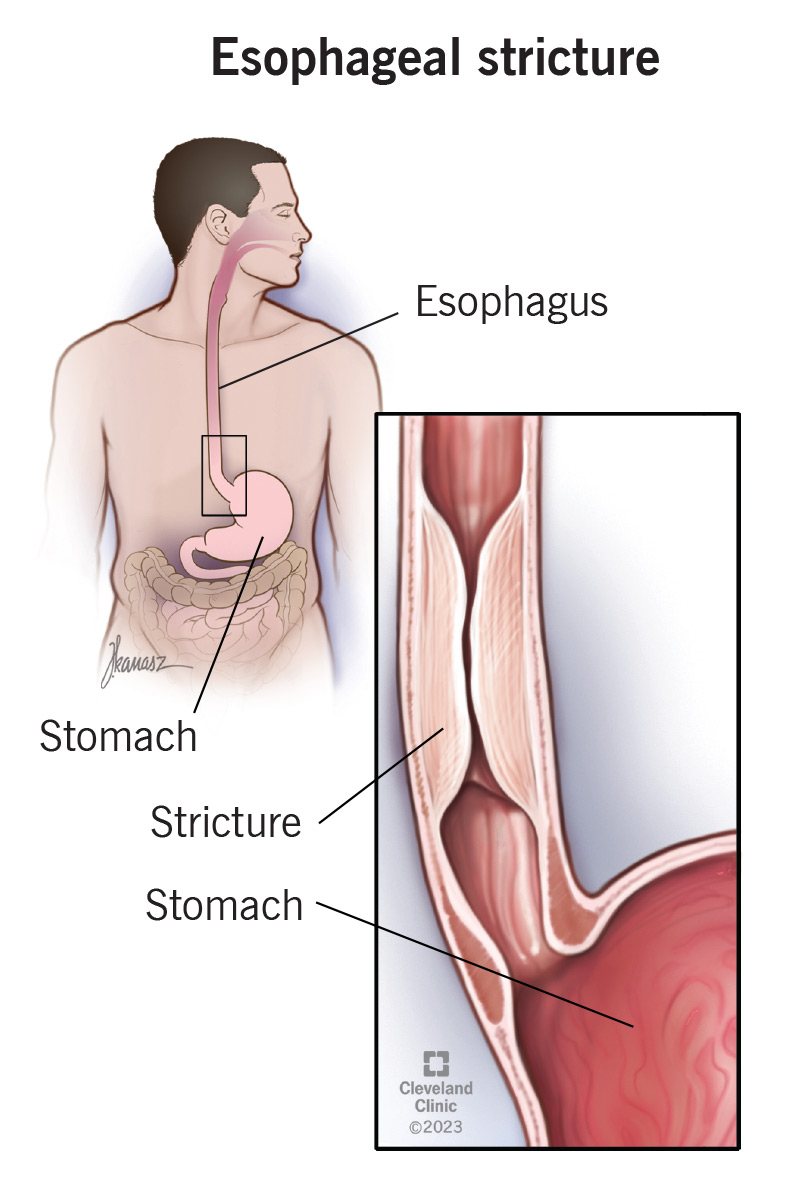Vasculogenic Mimicry and Its Impact on Esophageal Squamous Cell Carcinoma Treatment

Esophageal squamous cell carcinoma (ESCC) is a prevalent and aggressive cancer, particularly in economically underdeveloped regions. Surgical resection remains the standard treatment for most cases, but despite advancements in postoperative adjuvant therapy, many patients experience recurrence in regional lymph nodes or distant organs. This highlights the need to better understand factors that contribute to treatment resistance and tumor progression.
One emerging area of research is vasculogenic mimicry (VM), a process where tumor cells form vessel-like structures to create their own blood supply. Unlike normal blood vessels formed by endothelial cells, VM channels allow aggressive tumors to sustain themselves even in hypoxic environments. VM has been linked to poor prognosis in several cancers, but its relationship with ESCC, particularly in response to postoperative therapy, remains poorly understood.
Investigating Vasculogenic Mimicry in ESCC
This study analyzed the impact of VM on patient survival and response to postoperative adjuvant therapy. A single-center retrospective study was conducted using surgical tissue samples from ESCC patients. The presence of VM was identified through CD31/PAS double staining, which differentiates between endothelial-dependent vessels and tumor-formed channels. Patients were categorized based on their VM status, and survival analysis was performed to evaluate the impact of VM on recurrence, metastasis, and therapy outcomes.
Key Findings on VM and ESCC Progression
Patients who were VM-positive were significantly more likely to experience postoperative recurrence and metastasis. Survival analysis showed that VM was an independent risk factor for both progression-free survival (PFS) and overall survival (OS) in postoperative ESCC patients. The presence of VM was associated with aggressive tumor features, including poor differentiation, higher clinical stage, and vascular tumor thrombus formation.
Patients with VM had significantly shorter survival times compared to those without VM. The median PFS for VM-positive cases was 360 days, compared to 907 days for VM-negative cases. Similarly, the median OS for VM-positive patients was 599 days, whereas VM-negative patients had a median OS of 1106 days. These findings confirm that VM plays a crucial role in ESCC progression and significantly worsens patient outcomes.
VM and Its Effect on Postoperative Adjuvant Therapy
Postoperative adjuvant therapy, including radiotherapy, chemotherapy, or combination therapy, is commonly used in ESCC to reduce the risk of recurrence. This study found that adjuvant therapy significantly prolonged survival for stage II and III patients, with combination chemoradiotherapy showing the greatest benefit.
However, in VM-positive patients, adjuvant therapy had no significant effect on prolonging PFS or OS. The median PFS for VM-positive patients receiving postoperative therapy was only slightly improved compared to those who did not receive it, and the difference was not statistically significant. This suggests that the presence of VM reduces the effectiveness of standard adjuvant treatments, possibly due to its role in therapy resistance and tumor self-sustainability.
Vasculogenic Mimicry in ESCC
These findings have significant implications for the management of ESCC. Since VM-positive patients respond poorly to standard adjuvant therapy, new treatment strategies are needed to specifically target VM formation and disrupt the tumor’s alternative blood supply mechanisms. Therapies that inhibit VM, combined with traditional treatments, may help improve survival rates in high-risk patients.
Detecting VM in ESCC patients before or after surgery could help clinicians identify those at higher risk of recurrence and adjust treatment plans accordingly. Future studies should focus on developing drugs that specifically block VM-related signaling pathways, which could enhance the effectiveness of existing therapies and reduce metastasis.
To learn more, read this!: Vasculogenic mimicry triggers early recidivation and resistance to adjuvant therapy in esophageal cancer | BMC Cancer | Full Text

